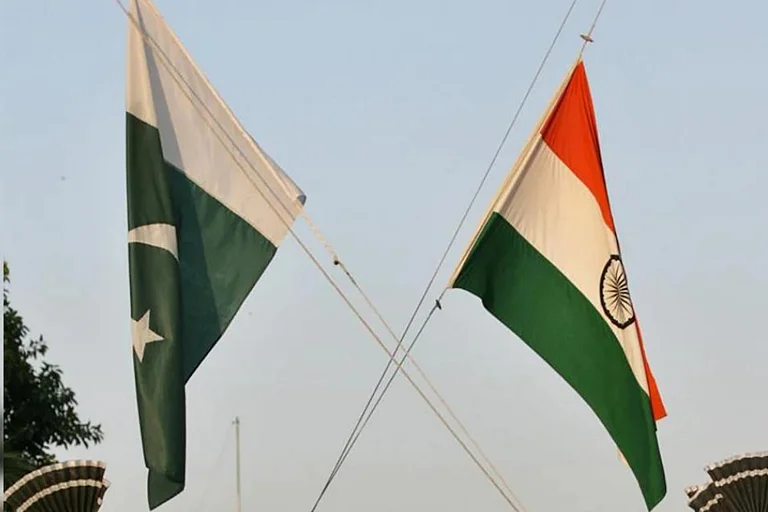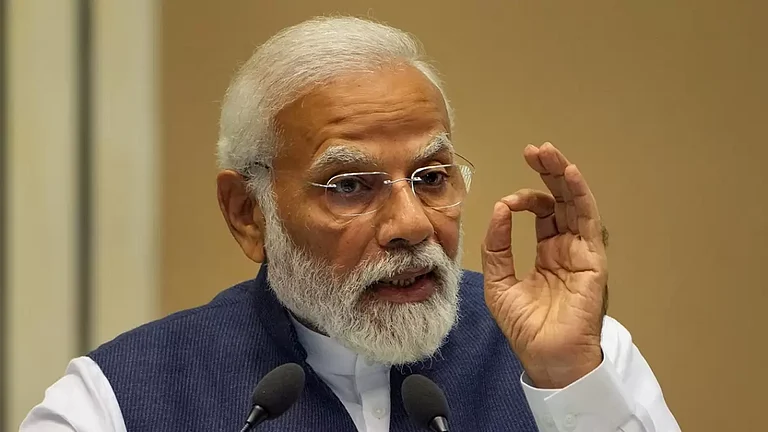Shunning the speculation that it will “fix” decades of political and military tension between India and Pakistan, the World Bank on May 9 said that the organisation is merely a facilitator in the Indus Waters Treaty that India suspended in April.
World Bank Rules Out Role in India-Pakistan Indus Water Treaty Dispute
World Bank distances itself from mediation in the India-Pakistan Indus river water conflict
“We have no role to play beyond a facilitator. There’s a lot of speculation in the media about how the World Bank will step in and fix the problem but it’s all bunk. The World Bank’s role is merely as a facilitator,” Ajay Banga, World Bank President told ET.
No Legal Power Here
This stance could come as a disappointment for Pakistan which was anticipating an international legal action over India’s suspension.
Aqeel Malik, the Minister of State for Law and Justice, told Reuters late on April 28 that Islamabad was working on plans for at least three different legal options, including raising the issue at the World Bank - the treaty's facilitator.
“Earlier, even the water belonging to India was flowing out, now India’s water will flow for India’s benefit, will stay here for India’s benefit, will stay here for India’s benefit, will stay here for India’s benefit, will be utilised for India only,” the PM said in his speech at an event organised by ABP Network.
Escalation Along the Border
The World Bank President's clarification comes a day following India responded with airstrikes on nine locations in Pakistan and Pakistan-occupied Kashmir (PoK) following Pakistan’s attacks using drones and other munitions along the entire western border on the intervening night of May 8-9, which were “effectively repulsed”, the Indian Army said on May 9.
Pakistani troops also resorted to “numberous ceasefire violations” along the Line of Control in Jammu and Kashmir, the Indian Army said in an early morning post on X.
These developments followed the precise missile strikes carried out by Indian armed forces—codenamed as Operation Sindoor—on nine terrorist infrastructures located in Pakistan-occupied Kashmir (PoK) and Pakistan early morning on May 7, in retaliation for the April 22 Pahalgam terror attack.

